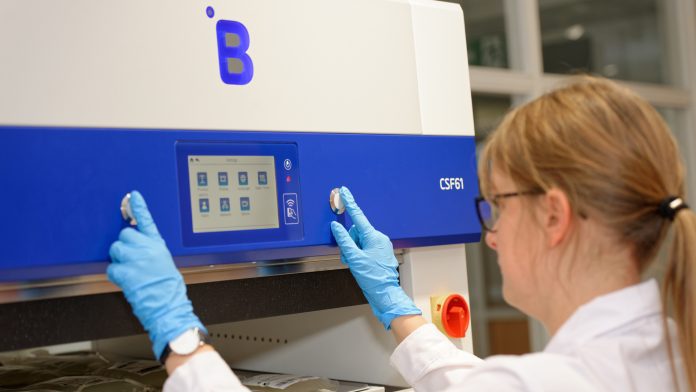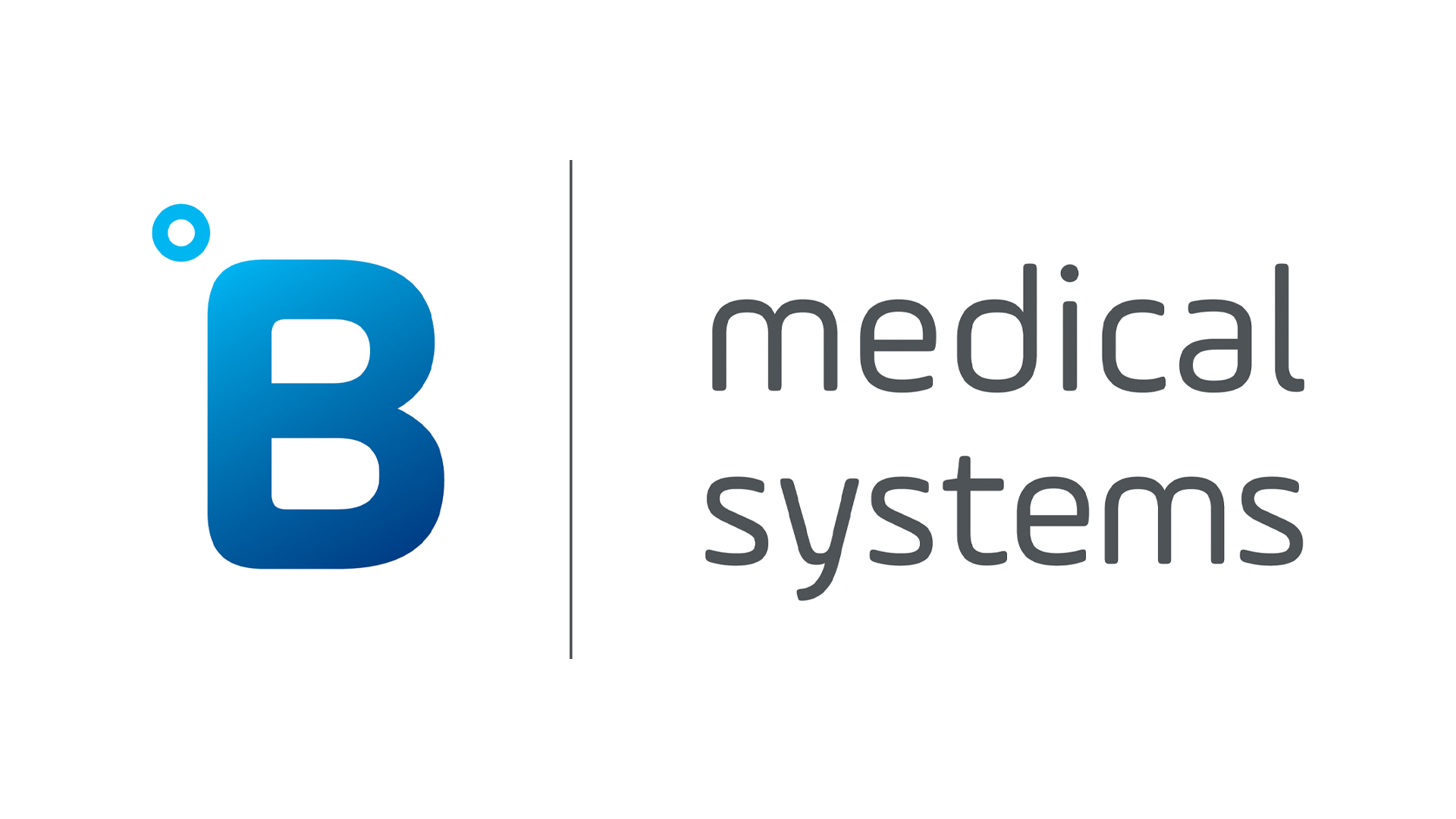
Julian Precht of B Medical Systems shares how the company is creating vital solutions to improve the quality of Fresh Frozen Plasma and its safe storage.
Blood is composed of many different components which interact constantly with each other and the rest of our body. Red blood cells transport oxygen around the body, white blood cells kill invading pathogens, platelets prevent excessive bleeding in case of injury, nutrients from our digestive system are transported by the blood flow, and multiple proteins with different functions help our cells adapt to all circumstances.
All these components interact with each other via chemical reactions. However, these reactions are often reliant on certain temperatures in order to occur. If the temperatures were to rise or fall, the molecules would start to break and lose their function or slow down and stop interacting with each other.
Being able to slow down chemical reactions is critical in medicine: for example, fresh plasma must be frozen to maintain the integrity of its chemical components. If left at higher temperatures, these molecules would quickly denature and render the sample less effective for therapeutic use. The molecules mentioned include immunoglobulins, clotting factors and a wide variety of proteins, all of which are utilised in several medical procedures, making the safe storage of these samples critical.
However, blood plasma is notoriously difficult to store, as it requires a stable long-term temperature of -27°C. For this reason, special equipment such as medical freezers are needed to store it safely, but the simple act of freezing it can also be a challenge. To ensure improved throughput, and a superior sample quality, fresh plasma needs to be completely frozen within six to eight hours from the time of collection. Moreover, the faster the freezing process, the more proteins can be stabilised.
To achieve this high throughput of important proteins, B Medical Systems, a world-leading manufacturer and distributor of medical cold chain solutions, has created the CSF61, a Contact Shock Freezer. This product is designed to fast freeze blood plasma ahead of its long-term storage in freezers. With the CSF61, blood banks and blood transfusion centres can increase their yield, improve throughput from one load to the next, and achieve the most efficient freezing times, thus ensuring the best quality of fresh frozen plasma (FFP). Freezing times for 30 standard 350ml bags from ambient temperature to -30°C are generally 30 minutes or less, ensuring that the highest possible quantity of proteins and other components are safely preserved and ready to be stored in Plasma Freezers.
The CSF61 features an innovative freezing technology working with two cooling plates inclined at a 5° angle for a superfast freezing cycle. The freezing of plasma bags can happen on two levels operating independently, allowing simultaneous freezing and defrosting if necessary, linear actuators self-adjust to apply the proper force against the bags. Furthermore, the Contact Shock Freezer avoids the crazing of the bags by not exposing the plasma to extremely low temperatures and allows for a homogenous cooling of the pouches despite uneven filling or the presence of bubbles inside them.
The product is easy to access and does not create cold air for the users. Because of its high-performance cooling system, the product’s eco mode and the low environmental impact refrigerant used ensure high-energy efficiency throughout operations. Moreover, the CSF61 features an integrated monitoring solution for complete traceability: with the °B Connected software provided by B Medical Systems, healthcare workers can remotely monitor the status of the Contact Shock Freezer and the plasma bags being frozen at any time, record every plasma bag via a bar code scanner and safely archive all the information. Finally, all operations can be accessed through a seven-inch touchscreen display, and all data can be easily exported via a USB drive or SD card.
Following the fast freezing of plasma via the CSF61, healthcare workers will need to then store the samples reliably in a medical Plasma Storage Freezer. B Medical Systems also provides these solutions, enabling medical professionals to safely store these blood components at a temperature of -27°C or below (down to -41°C).
The company’s products feature a controlled air-cooling system for uniform and stable temperature distribution, a fast temperature recovery even in case of frequent door openings, and a smart automatic defrost technology enabling a stable temperature inside the cabinet even during the defrosting cycle. Moreover, B Medical Systems’ Plasma Storage Freezers can automatically switch off the evaporator fans during door openings to reduce the heat transfer and have an extended autonomy in case of power failures, thereby always ensuring the safety of all samples stored inside them. Furthermore, audio-visual alarms and the °B Connected software act as an extra layer of safety to protect the integrity of the biologicals.
By entrusting the freezing and the storage of blood plasma to B Medical Systems’ reliable Contact Shock Freezer and Plasma Storage Freezer solutions, medical professionals can successfully obtain and manage large quantities of high-quality frozen plasma, supporting them in their efforts to deliver the best possible care to their patients.
This article is from issue 20 of Health Europa Quarterly. Click here to get your free subscription today.

























